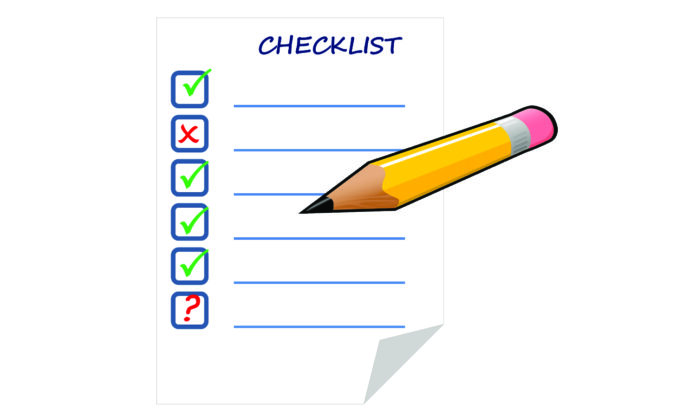In a post on Writers in the Storm, Barbara Linn Probst offers advice on how to decide which feedback you should trust. Probst encountered this challenge herself, when she decided to undo many of the changes suggested by a developmental editor. This proved to be a challenge. “After all, I’d paid a lot of money for her advice and spent considerable time implementing it,” Probst says. However, she overcame her internal objections and created a new draft that differed from both her original and the edited version.
Writers need feedback, preferably from a few different perspectives. However, that opens the door for contradictory advice. An element or character loved by one reader might be hated by a second. So, which advice should you take and why? “People have different notions of who or what constitutes a trustworthy source, along with different resources and needs,” Probst writes. “What’s helpful for one writer may be the opposite for another, or useful only a particular stage of a project.”
Probst suggests some questions you can ask to help you consider feedback intelligently and intentionally:
- Was the feedback given publicly or privately? Feedback given in a critique group will be affected by the group. Some members may naturally defer to someone perceived as a leader, or may hesitant before admitting to liking an element the others did not. In-person critique may also be softer, because we don’t want to hurt another writer’s feelings.
- How much time has gone by since the feedback was given? Many writers recommend letting feedback sit for a while before you decide what to do with it, especially if it was harsh. Your initial reaction may be clouded by emotion, such as self-doubt that leads you to accept every change or anger that causes you to reject it. The rule that applies to first drafts also works here: let the feedback sit for a while and come back with fresh eyes.
- Was the feedback dramatically different from what you were expecting? Did you even ask for it? Naturally, we hope that our beta readers will find no fault with our writing, but that outcome is neither likely nor helpful. As above, let the critique sit for a bit while you deal with any emotional fallout from unexpected criticism.
- Was the feedback given by a reader, a student, a published writer, or professional editor? Understanding your beta reader’s background will help you decide what to do with their feedback. A beta reader who loves your genre may ask for additional elements they enjoy, even if you aren’t interested in pursuing them. A professional editor will have their own biases about what makes a good story. Even good feedback might not be helpful to you, if it doesn’t suit your vision.
- Did more than one person make the same point? If multiple readers point out the same thing, that’s a strong signal for you to take a closer look at what didn’t work for them. “That’s true even if the critique doesn’t seem to resonate with your vision,” Probst says. Even if you don’t like the other person’s solution, put in the work to find your own.
- What was your visceral reaction? Did the feedback ring true? Deep down, were you expecting someone to point out a particular trouble spot? Conversely, does the feedback seem completely incongruent to the work? It’s ok to trust your gut. “You can’t, and shouldn’t, listen to everyone,” Probst says. “After all, even when the story is published, it won’t please every single reader.” Decide in advance what aspects of your story are up for compromise and what you’ll fight for.












